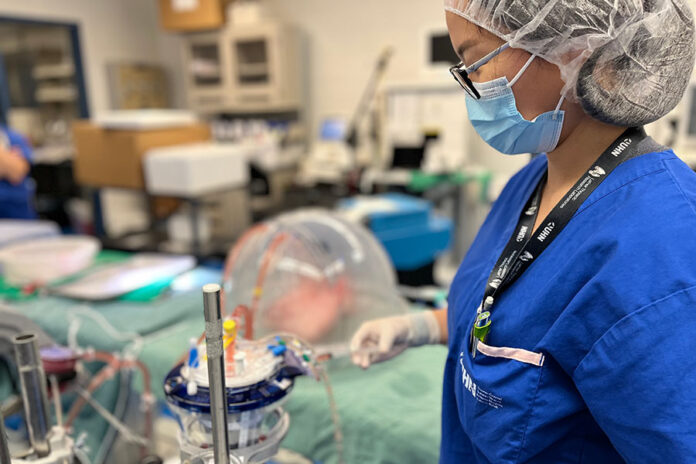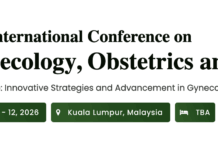
A proof-of-concept study sheds light on a new experiment that can create universal donor organs for transplant patients.
Blood typing is an important step in organ transplantation. It helps determine whether the donor and recipient are compatible for the transplant. However, finding a donor with the same blood type as the recipient is no small feat. And can increase the time spent on waiting lists. Although people with blood type O are universal donors and can donate blood or organs to any blood type, it is not always easy to find such donors. As a result, researchers at the University Health Network (UHN) in Canada have developed a way to create universal donor organs.
Having universal organs means we could eliminate the blood-matching barrier and prioritize patients by medical urgency, saving more lives and wasting less organs.
Dr. Marcelo Cypel, senior author
How Does it Work?
To conduct their experiment, the team modified the existing Ex Vivo Lung Perfusion System (EVLP). The EVLP system pumps nourishing fluids through transplant organs, warming them to body temperature and preparing them for transplantation. As a modification, the team added gut enzymes into the perfusion fluid. Next, they treated human donor lungs from type A donors with the EVLP system. One lung received the enzyme-rich fluid, while the other lung remained untreated. The final step involved passing type O blood through both the lungs.
This group of enzymes that we found in the human gut can cut sugars from the A and B antigens on red blood cells, converting them into universal type O cells.
Dr. Stephen Withers, study author
Normally, such a process would result in an immune response and organ damage. However, the experiment helped convert group A lungs into blood group O. Moreover, researchers did not find any signs of rejection in the treated lung. Thus, proving that gut enzymes can potentially help develop universal donor organs in the future.
Next, the team plans to conduct clinical trials for their experiment within the next 12 to 18 months.
Reference:
Wang, Aizhou, et al. “Ex Vivo Enzymatic Treatment Converts Blood Type A Donor Lungs into Universal Blood Type Lungs.” Science Translational Medicine, vol. 14, no. 632, 2022, doi:10.1126/scitranslmed.abm7190.



